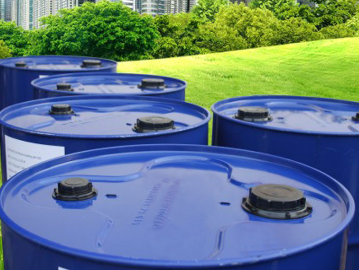Silicone rubber is becoming more and more popular in many industries, including consumer products, automotive, and aerospace. This is due to its unique properties, including its high heat resistance, low toxicity, and excellent flexibility. However, with the growing concern for the environment and sustainability, questions have arisen about whether silicone rubber is eco-friendly compared to other materials. In this article, we will explore the environmental impact of silicone rubber and how it compares to other materials.

What is Silicone Rubber?
Silicone rubber is a high-performance material that is made from a synthetic polymer consisting of silicon, oxygen, carbon, and hydrogen. It is a highly durable and versatile material that can be found in a variety of products such as sealants, adhesives, lubricants, and coatings. Silicone rubber is also used in many medical applications, such as prosthetics and implants, due to its biocompatibility.
Environmental Impact of Silicone Rubber
The environmental impact of silicone rubber depends on several factors, including its manufacturing process, usage, and disposal. One of the most significant environmental benefits of silicone rubber is its longevity. Silicone rubber has a longer lifespan than other materials, which means it can be used for a longer period before it needs to be replaced, reducing the amount of waste produced.
Silicone rubber is also non-toxic and does not release harmful chemicals into the environment, making it a safe choice for many applications. It is also highly resistant to heat and UV rays, which means it does not degrade quickly and can withstand harsh weather conditions. These properties make silicone rubber a popular choice for outdoor applications, such as roofing and solar panels.
Another environmental benefit of silicone rubber is its recyclability. Most silicone rubber products can be recycled, reducing the amount of waste that ends up in landfills. However, it should be noted that not all recycling centers accept silicone rubber, so it is important to check with your local recycling center before attempting to recycle it.
Compared to Other Materials
When compared to other materials, silicone rubber has several environmental advantages. For example, many plastic materials are not biodegradable and can take hundreds of years to decompose. In contrast, silicone rubber is non-toxic and does not release harmful chemicals into the environment. Additionally, silicone rubber is highly durable and has a longer lifespan than many other materials.
However, it is important to note that the manufacturing process of silicone rubber uses significant amounts of energy and emits greenhouse gases. The production of silicone rubber also requires the use of some potentially harmful chemicals, although there are efforts to reduce the use of these chemicals. Additionally, while silicone rubber is recyclable, there are some limitations to its recycling, and it is not yet widely accepted at recycling centers.
Conclusion
In conclusion, silicone rubber has several environmental benefits, including its longevity, non-toxicity, and recyclability. While it does have some drawbacks, such as its manufacturing process and limited recycling options, it is generally considered to be a more eco-friendly material than many other plastics. However, it is important to consider the entire life cycle of silicone rubber, including its manufacturing, usage, and disposal, in order to assess its overall environmental impact.